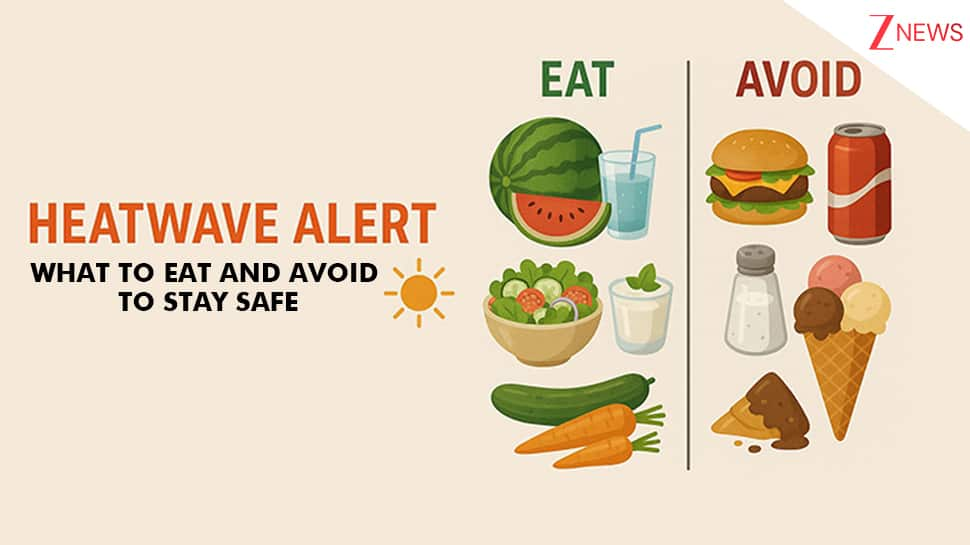Currently, Delhi and adjoining areas are battling a mixture of rainy days and extreme heat waves. With a combination of humidity with temperatures exceeding 47 degrees consistently, the Indian Meteorological Department has issued a red alert on multiple days. This “severe to very severe” heat is posing a strong risk of dehydration and heatstroke. Hospitals across the region have been reporting an alarming increase in the number of victims of heat-related illnesses, particularly the elderly, kids, construction workers, and street vendors.
Dr Medha Kapoor, Co-founder and Chief Nutrition Consultant at Varsity Skin and Wellness Clinic, New Delhi, says, “In this scenario, it becomes important to take preventive measures to stay safe- taking care of hydration, avoiding peak sun, wearing light clothing, and using cooling measures. Apart from this, there is another factor that can ease the impact of heat stress, our diet.”
Dr Medha says, “Eating foods that keep one hydrated, cool and energised, and at the same time avoiding foods that are difficult to digest can improve well-being.”
Foods To Eat During Summers To Prevent Heatstroke
Dr Medha shares a list of foods that you must eat:
1. Electrolyte replenishers: Bananas (rich in potassium), coconut water (rich in electrolytes).
2. Fruits and vegetables: Fruits which are high in water content such as cucumber, oranges, watermelon, and strawberries and vegetables such as leafy greens.
3. Easy to digest sources of proteins: lentils, boiled eggs and grilled fish.
4. Light meals: Curd, buttermilk and coconut water, Channa sattu, fruit juices, lemonade, salads and soups

Foods To Avoid In Extreme Summers
Dr Medha shares a list of foods that must be avoided:
1. Processed and junk food: Chips, biscuits, chocolates, pastries, etc.
2. Alcohol: Alcohol in every form causes dehydration and increases the risk of heat-related illnesses.
3. Caffeine and sugar-rich drinks: Tea, coffee, and energy drinks induce water loss.
4. Spicy and hot foods: Chilli peppers, hot sauces, pickles, etc.
5. Fatty foods: Burgers, fried foods, mutton, mayonnaise, etc.
6. Red meat: Very difficult to digest.
Dr Medha says, “Food is an important consideration because we consume between 3-6 meals every day. It is a non-negotiable activity that is essential for survival. The effect of each meal that we have, cumulatively, over days, becomes a very important factor in determining our well-being, both at the level of prevention and cure. Keeping these recommendations in mind can go a long way in preventing heat-related illnesses.”
“Additionally, one must consume water regularly, have short and frequent meals, and avoid eating street food. Extreme heat takes a toll on the digestive system, making it necessary to have foods that are light on the stomach,” explains Dr Medha.
Stay Hydrated, Make The Right Food Choices
“Also, watch out for the signs of dehydration, such as increased thirst, cracked lips, dry mouth, and dark-coloured urine. Utmost caution should be exercised, especially in case of the elderly, infants and toddlers, outdoor workers, and those with lifestyle diseases such as hypertension, diabetes and heart disease, as they are more prone to heart-related illnesses- always remember the golden rule- Prevention is better than cure!,” explains Dr Medha.

